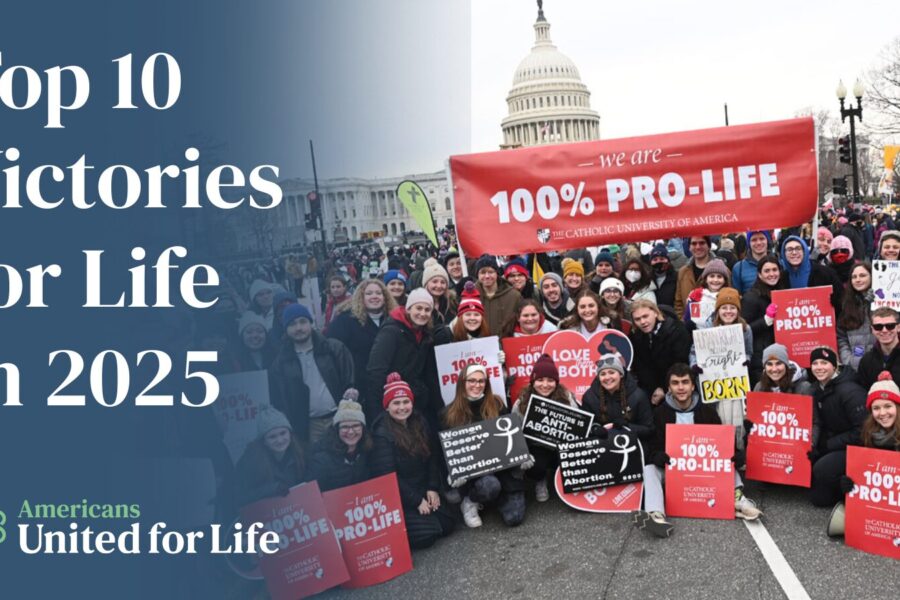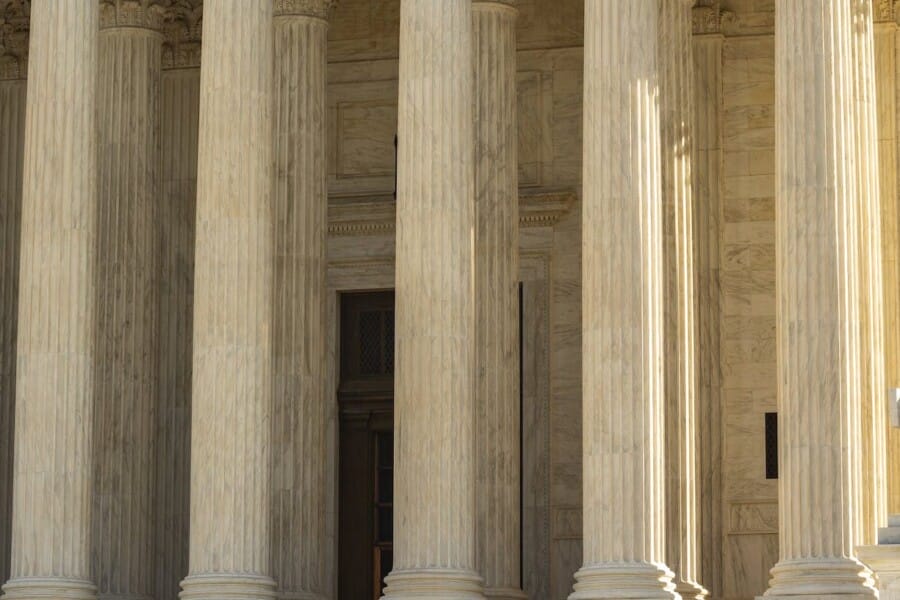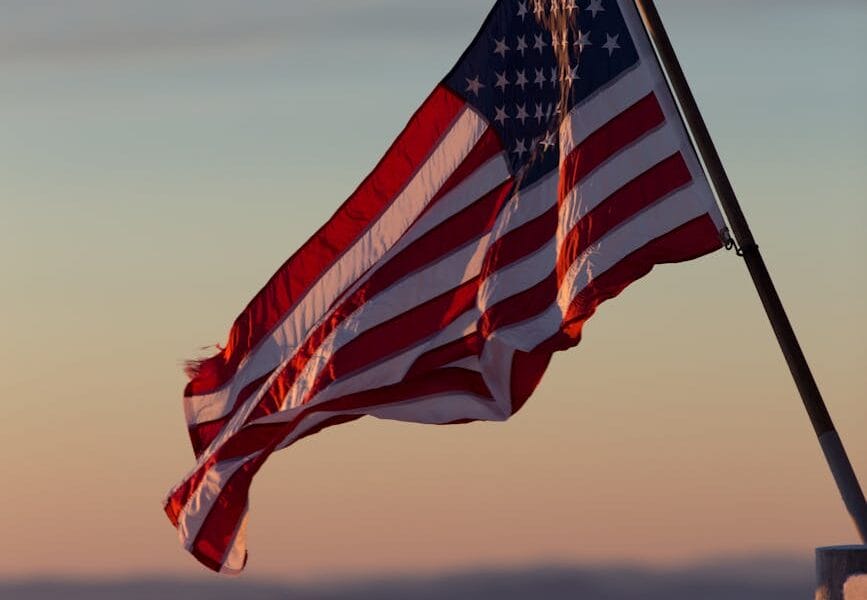In response to Anna Quindlen’s Newsweek piece “How Much Jail Time?,” National Review convened a “Life After Roe” symposium. Among the expert opinions offered is the following by Clarke D. Forsythe, AUL President & CEO:
Contrary to the pervasive myth that women were prosecuted for abortion before Roe, consistent state abortion policy for a century before Roe was not to prosecute women. Abortionists were the exclusive target of the law. That was based on three policy judgments: the point of abortion law is effective enforcement against abortionists, the woman is the second victim of abortion, and prosecuting women is counterproductive to the goal of effective enforcement of the law against abortionists.
In fact, the irony is that in nearly all of the reported court cases explicitly addressing the issue of whether a woman was an accomplice to her abortion, it was the abortionist (not the prosecutor) who pushed the courts to treat the woman as an accomplice, for the obvious purpose of undermining the state’s criminal case against the abortionist (including the abortionist Ruth Barnett when Oregon last prosecuted her in 1968).
Leslie Reagan, in her 1997 book When Abortion Was a Crime, admits that states did not prosecute women for their abortions and concedes that the purpose behind that law was not to degrade women but to protect them.
The wisdom of not prosecuting women was based on extensive practical law enforcement experience in many states, over many years. It will certainly be influential with prosecutors and state policy makers when Roe is overturned, and that should be the policy of legislators who are interested in the effective enforcement of abortion law.
But Quindlen’s strawman implicitly relies on another myth — that “overturning” Roe will result in the immediate re-criminalization of abortion. In fact, if Roe was overturned today, abortion would be legal tomorrow in at least 43 states, if not all 50. That’s because almost all pre-Roe laws have been repealed. There will be no prosecutions of abortionists unless the states pass new laws after Roe is overturned.




